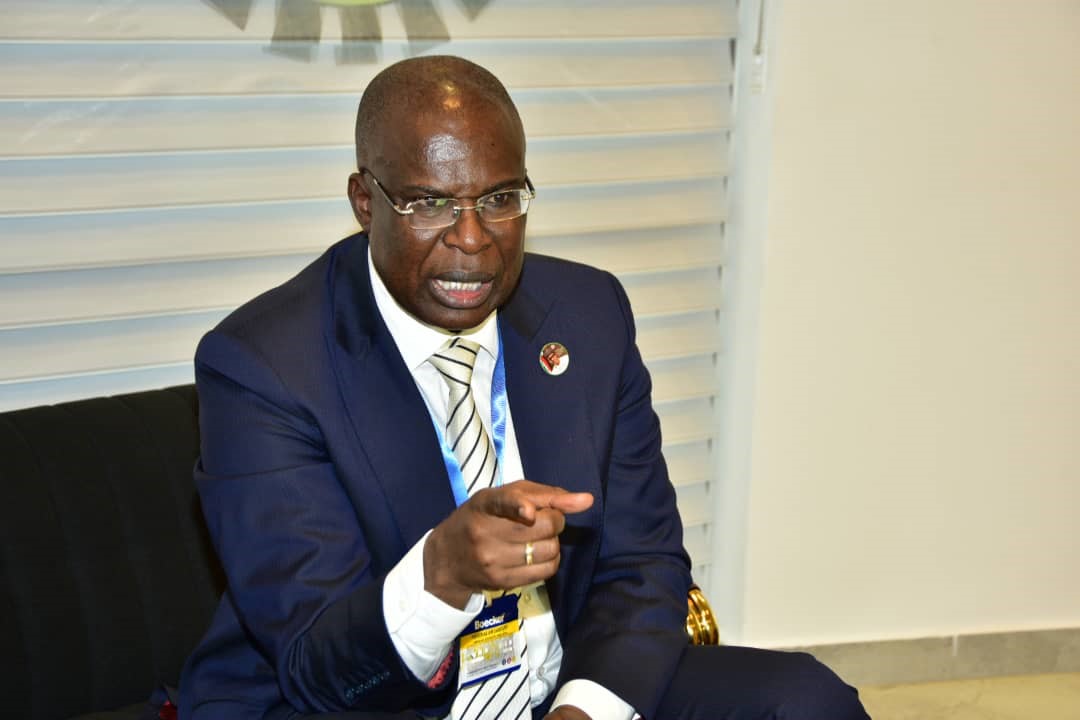To remove the bottlenecks in the smooth implementation of the deregulation policy in the downstream sector of the nation’s petroleum industry, the Federal Government take steps to fix the corruption and general inefficiencies in the products distribution value chain, a civil society group, OrderPaper Advocacy Initiative, has said.
The Executive Director of the group, Oke Epia, said on Saturday in Abuja the current flip-flopping position of the federal government on the pricing mechanism for premium motor spirit (PMS), popularly called petrol, and the resultant negative impact on consumers, would be redressed if corruption is removed.
OrderPaper blamed the government for these problems as a result it abandoning its responsibilities in sanitizing the system of corruption, wastes and inefficiencies, particularly in the determination of daily consumption volumes and importation of petroleum products into the country.
Referencing a Study on ‘Improving Efficiency in the Downstream Petroleum Sector: Key Institutional Processes Review’ by the Nigeria Extractive Industry Transparency Initiative (NEITI), the group was alarmed that several years since the Nigeria National Petroleum Corporation (NNPC) assumed the role of sole importer of premium motor spirit (PMS), the country has continued to be short-changed through lack of transparency and accountability in product supply and distribution value chain.
The Study by NEITI identified three key processes where loopholes for corruption and wastes existed, namely the daily PMS demand estimation process; product importation, and the bridging & national transport allowance claims administration process under the purview of the Petroleum Equalization Fund (Management) Board.
“Basing the daily consumption of PMS on truck-out quantities from depots as identified in the Study and the lack of sufficient local refining capacity that places the NNPC as the only player and regulator in the importation business are loopholes for corruption that have been exploited for several years,” OrderPaper said.
OrderPaper further drew attention to the weak regulatory enforcement by the Petroleum Product Pricing Regulatory Agency (PPPRA) which, “instead of being an independent body to manage the receipt and distribution of petroleum products to ensure availability in the country as well as determine appropriate pricing has shirked its responsibilities under the weight of powerful forces, including the NNPC as contained in the Study.”
“Nigerians have now been made to bear the heavy brunt of hardship in the pricing, distribution and availability of PMS as is currently being witnessed in the embarrassing flip-flop in the move to raise the price of petrol by the authorities,” the group noted.
“It is a national tragedy that there is no reliable consumption data used as standard basis for determining daily consumption of petrol in the country thereby giving room to arbitrariness and loopholes for corruption.
“The current petrol importation process under the Direct Sale, Direct Purchase (DSDP) arrangement by the NNPC confers upon it the powers to decide the quantity of products to be imported as well as being sole importer since 2017 as seen in the report,” the group said.



